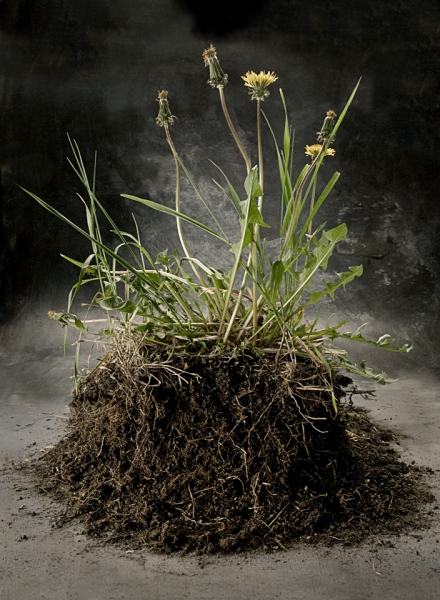
Τοῖσι λάμπει μὲν μένος ἀελίου
τὰν ἐνθάδε νύκτα κάτω,
φοινικορόδοις ‹δ’› ἐνὶ λειμώνεσσι προάστιον αὐτῶν
καὶ λιβάνων σκιαρᾶν ‹ ›
καὶ χρυσοκάρποισιν βέβριθε ‹δενδρέοις›
καὶ τοὶ μὲν ἵπποις γυμνασίοισι ‹τεˉˉ›
τοὶ δὲ πεσσοῖς
τοὶ δὲ φορμίγγεσσι τέρπονται, παρὰ δέ σφισιν
εὐανθὴς ἅπας τέθαλεν ὄλβος·
ὀδμὰ δ’ ἐρατὸν κατὰ χῶρον κίδναται
†αἰεὶ . . θύματα μειγνύντων πυρὶ τηλεφανεῖ
‹παντοῖα θεῶν ἐπὶ βωμοῖς›
[ ]ε̣οι μοῖρ’ ἔνθα . [
[ ]δώροις βουθυ[
[ ]φ̣αν ἄλοχόν [
[ ]αν·
[ ]π̣ρ̣ὸς [Ὄ]λυμπον [
(Pindar, fr. 129)
For them shines the might of the sun
below during nighttime up here,
and in meadows of red roses their country abode
is laden with . . . shady frankincense trees
and trees with golden fruit,
and some take delight in horses and exercises,
others in draughts,
and others in lyres; and among them
complete happiness blooms and flourishes.
A fragrance spreads throughout the lovely land,
as they continually mingle offerings of all kinds
(with far-shining fire on the gods’ altars)*.
portion from there
gifts, oxen-sacrifice(s)
wife
. . . . . .
to Olympus* The papyrus omits v. 10 in the passage from Plutarch.
(tr. William H. Race, with his note)







